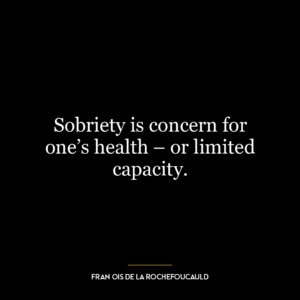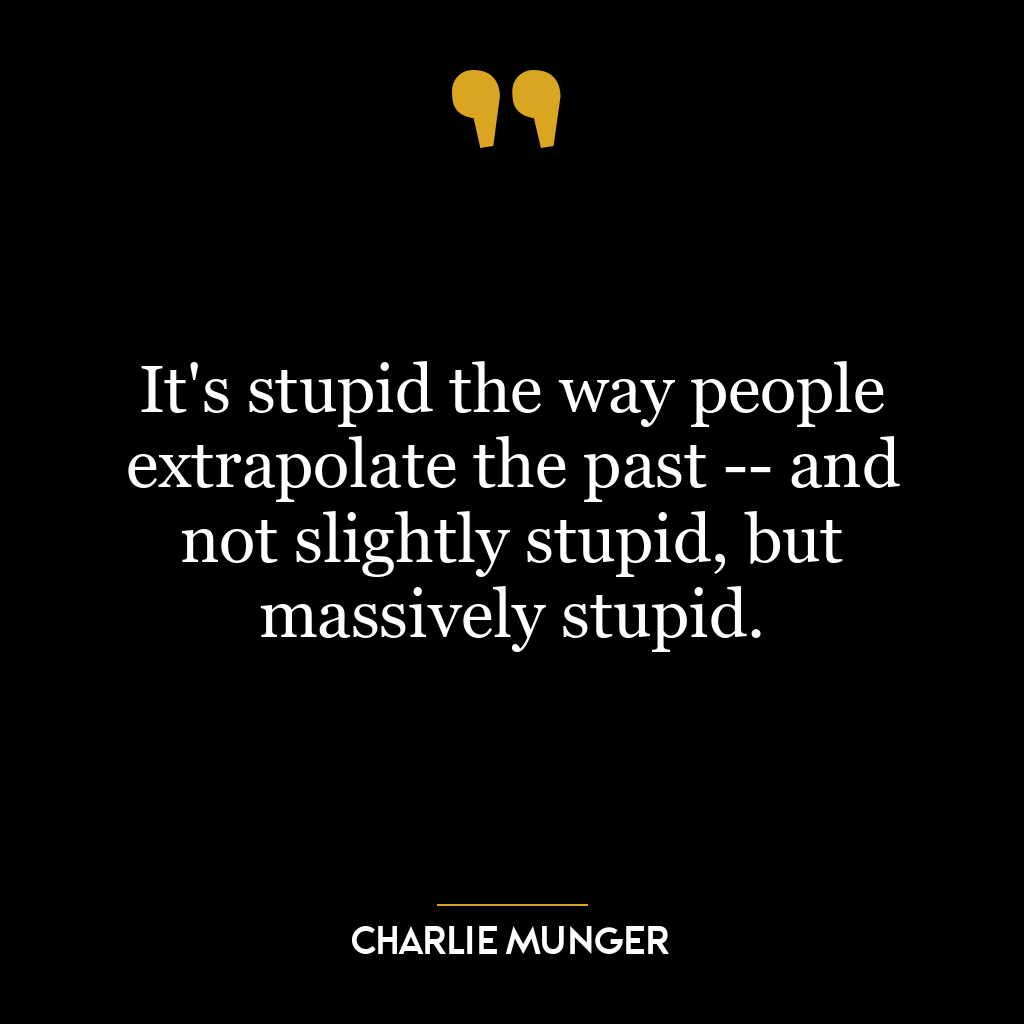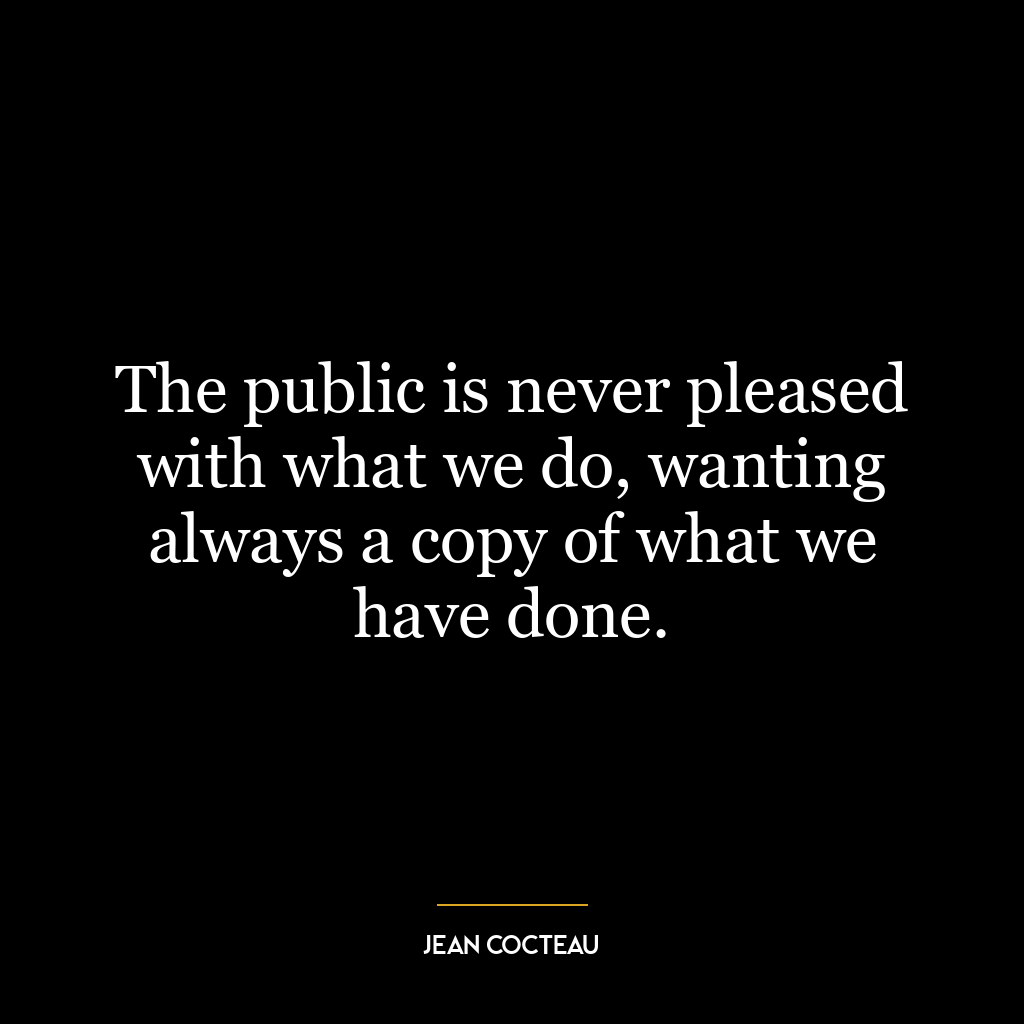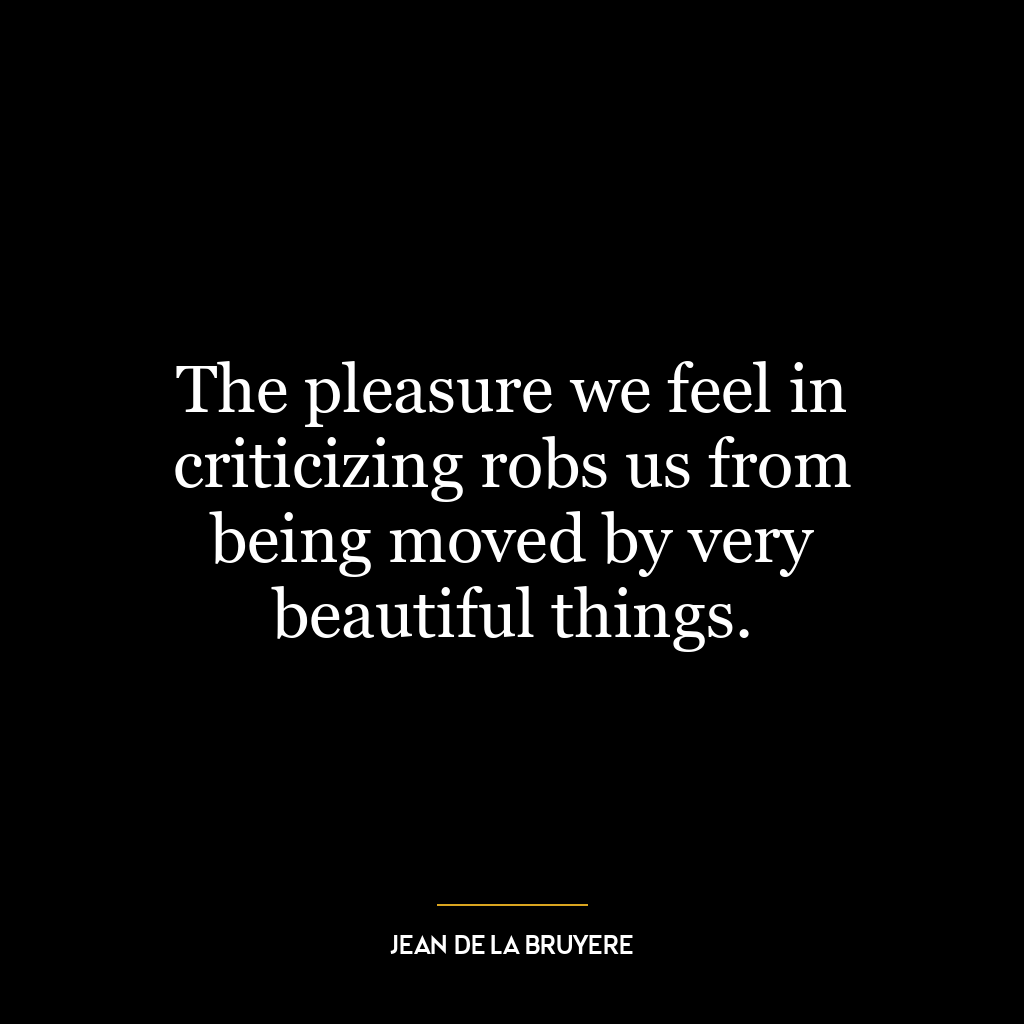This quote suggests that the nature of criticism and praise isn’t always as it appears on the surface. It implies that criticism, often perceived as negative, can actually serve as a form of praise. This could mean that when someone criticizes you, it may be because they see potential in you or value you enough to want to help you improve. It’s a sign that they care about your growth, which is a form of praise in itself.
On the other hand, the quote also suggests that praise can sometimes be a form of slander. This could mean that flattery or excessive praise might not always come from a place of sincerity. It could be used to manipulate, to create a false sense of security, or to subtly demean by implying that the praised action or quality is surprisingly good, given the person’s usual performance.
Applying this to today’s world, it is evident in how we give and receive feedback, especially in social media culture. Often, people are quick to criticize others online, which can be seen as a negative aspect of digital communication. However, according to this quote, such criticism could be viewed differently. It could be seen as a sign that people are engaging with your content, and they care enough to comment on it, which is a form of praise in the digital world.
In terms of personal development, this quote encourages a more open-minded approach to feedback. Instead of viewing criticism as purely negative, it can be seen as an opportunity for growth and improvement. Similarly, it encourages skepticism towards excessive praise, reminding us to stay grounded and not let flattery cloud our judgment.
In conclusion, this quote invites us to look beyond the surface of criticism and praise, to question the motives behind them, and to use them as tools for personal growth rather than measures of self-worth.











